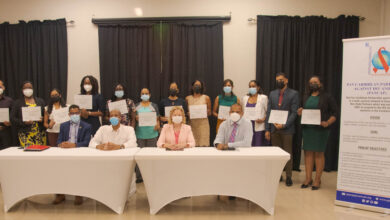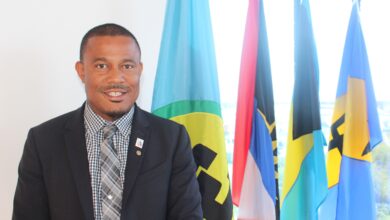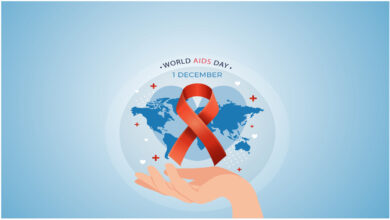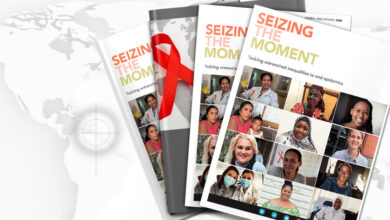HIV programmes must be accessible and meet the needs of people with disabilities.
This is according to a new report by UNAIDS, which shows that people with disabilities are often denied the opportunity to articulate their specific needs or be heard, owing to their marginalised position in society.
The Gap Report states that people with disabilities should be fully included in national HIV responses.
“Like many individuals, people with disabilities need and want access to HIV education, testing and treatment, as well as to broader sexual and reproductive health services.”
“National strategic plans on HIV must include good practice on disability. HIV must also be included as an integral part of disability rights strategies, initiatives and programmes.”
“Since people with disabilities are vulnerable to physical and sexual abuse in both community and residential settings, protection safeguards are particularly important. Mechanisms to detect and prevent physical and sexual abuse in both formal and informal support services are needed.”
For national AIDS responses to genuinely address the unmet needs of people with disabilities, the Report acknowledges that improved disability data collection is needed.
In fact, it highlights that this can be achieved by including disability questions in existing surveys, such as national household or national health surveys.
“Data need to be disaggregated by population features, such as by the type of disability, age, sex, ethnicity and socioeconomic status, to uncover patterns, trends and information about subgroups of people with disabilities. Understanding the specific realities of people with disabilities better will help to remove barriers in country-level efforts and improve the provision of HIV and other health services.” (TL)







